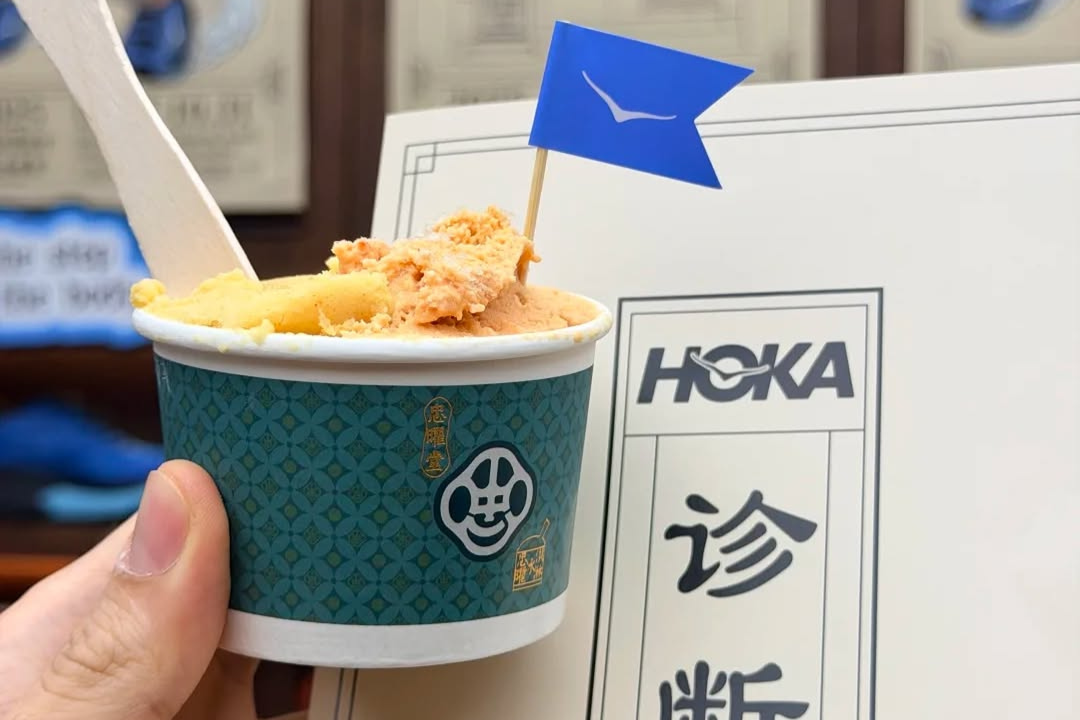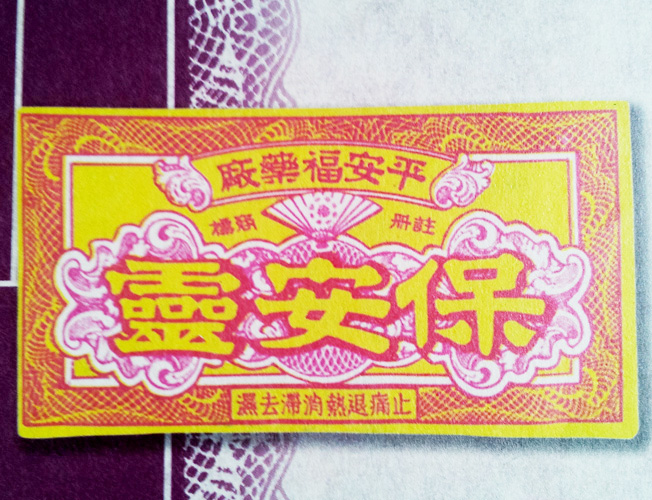Here are three recent headlines on Chinese medicine:
I think these titles represent some common Western attitudes toward traditional Chinese medicine (TCM).
In headlines 1 and 2, TCM is painted as an ancient healing tradition turned modern panacea, promising miraculous cures for troublesome biomedical ailments: heart disease, diabetes, high blood pressure.
In headline 3, TCM is a folk remedy of dubious efficacy, with the added effect of driving endangered animals closer to extinction.
But in all these, TCM is framed as the consummate alternative to Western biomedicine.
Sometimes it represents what biomedicine is not but wishes it could be: where biomedicine is artificial, prescribing pills with complex chemical ingredients, TCM is natural, its practitioners mixing herbs into poultices and potions. Biomedicine subdivides the body into organs, tissues, cells, and molecules, sometimes threatening to erase the person that unites them, but TCM adopts a holistic approach to the human body, preserving the patient’s individuality.
Other times, TCM pales under biomedicine’s shadow. TCM is dismissed as primitive superstition. Reporters condemn the black markets for “medicinal animals” that flourish due to East Aisan demand, while conveniently ignoring the Western pharmaceutical industry’s destructive effects on the environment (tripping fish, anyone?). In the New York Times article that suggested Michael Phelps’s evident enthusiasm for cupping at the Rio Olympics could be attributed to the placebo effect, TCM isn’t treated as knowledge. Instead, it’s regarded as belief.
This is all to say that I have some pretty huge problems with the usual media treatment of traditional Chinese medicine. TCM is exotified and de-historicized. It is compared to Western medicine (and always according to biomedical standards) at every turn, and invariably found lacking – at best, an alluring alternative to be selectively incorporated into biomedicine, and at worst, dangerous superstition.
But Chinese medicine has an incredibly long and complex history, which became even more complicated after TCM’s encounter with modern biomedicine. To dismiss it as myth or exotic curiosity or placebo is to do an incredible disservice to a system of knowledge that is undeniably different from biomedicine, but perhaps not so easily disregarded as lesser.
This summer, I’m studying at the Beijing University of Chinese Medicine, shadowing doctors in clinics and reading classical texts under the guidance of BUCM professors and students. As a researcher and student, I will learn more about TCM and its complicated relationships with biomedicine and with its own history. I’m planning to post weekly pieces about things that fascinate or surprise me, things that I remain curious about, and questions that keep me up at night. I’m excited to share them with you.
Illustration by Marjorie Wang | Column Archives |





















